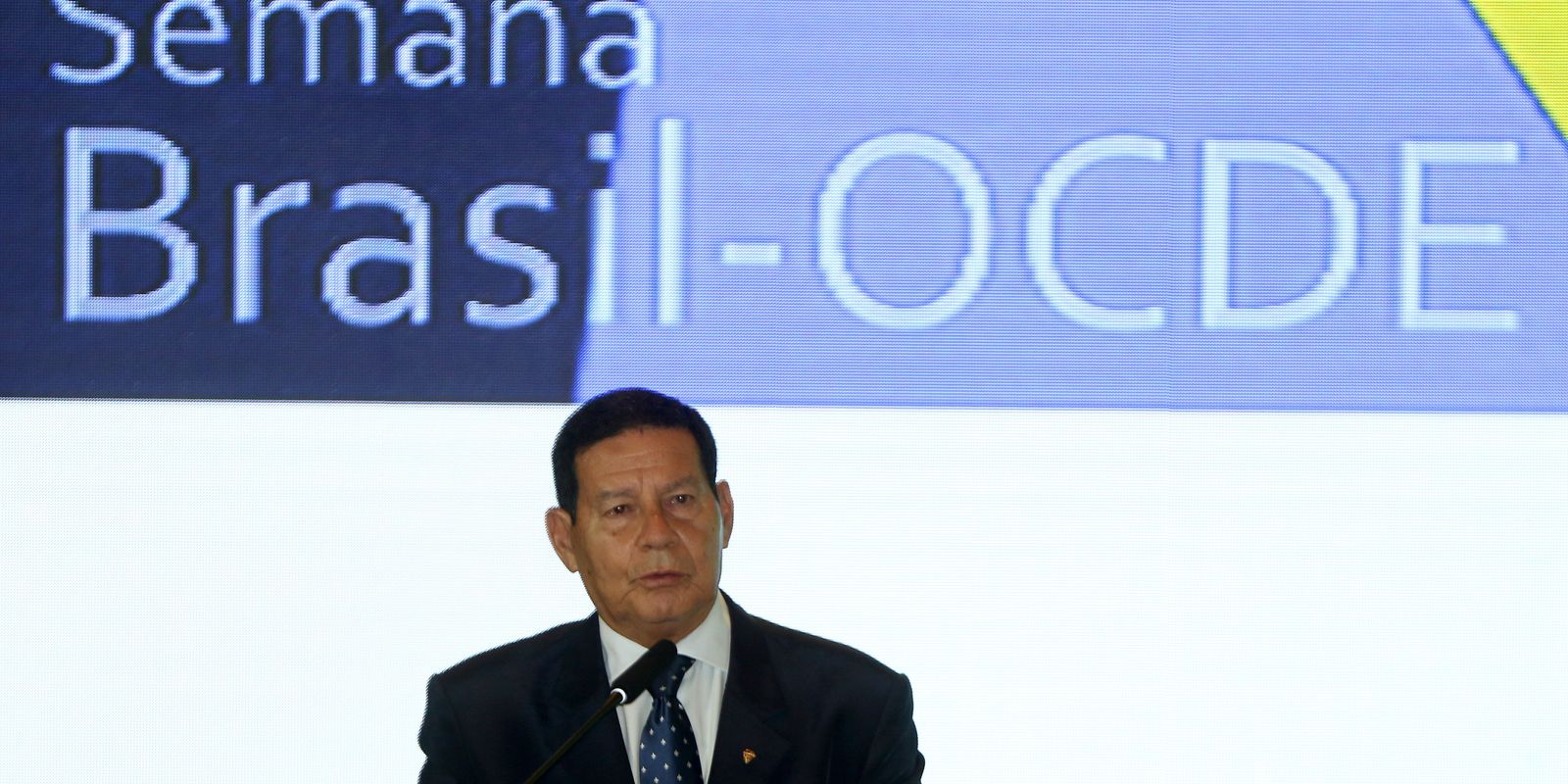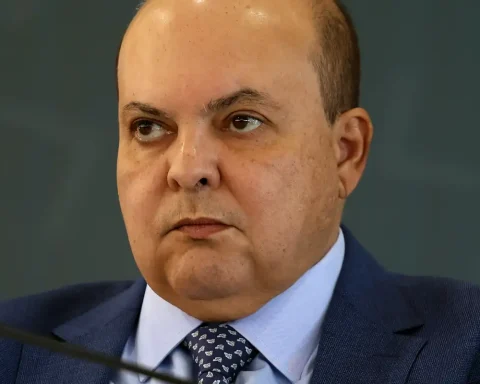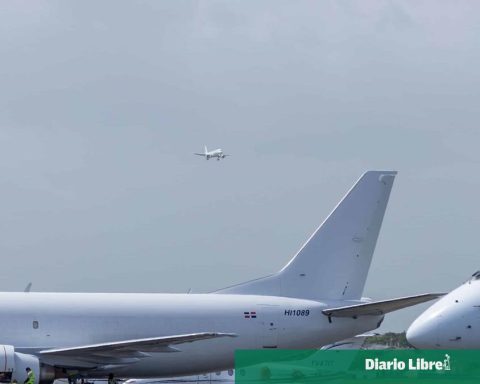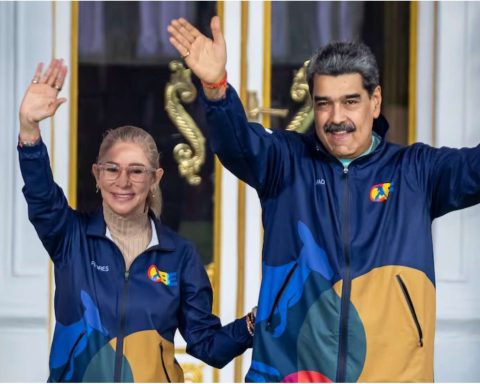Vice-President Hamilton Mourão said this Tuesday (21) that Brazil’s entry into the Organization for Economic Cooperation and Development (OECD), a group of the most industrialized economies on the planet, is a major priority in the government’s foreign policy. The statement was made during the opening of the Brazil-OECD Forumin Brasília, an event that runs until Thursday (23) and provides for a series of meetings between Latin American countries and representatives of the organization.
“Since the beginning of the government of President Jair Bolsonaro, Brazil’s accession to the OECD has been a priority of our country’s foreign policy,” said Mourão. He represented President Jair Bolsonaro, who was scheduled to participate in the event, but ended up changing the agenda.
“We conclude that Brazil’s entry into the OECD is a natural path and a relevant factor for Brazil to take strides towards greater insertion of our economy, our companies and our products in international trade and investment flows”, added the vice president .
The letter of invitation from the OECD council, which formalizes the beginning of the entry process for Brazil to the group, was sent in January of this year. The document marks the beginning of the concrete accession process, which may take at least another three years. In addition to Brazil, the OECD formalized the same invitation to five other countries: Argentina, Peru, Romania, Bulgaria and Croatia.
OECD
Created in 1961, and headquartered in Paris, the OECD is an international organization currently formed by 38 countries, including some of the main developed economies in the world, such as the United States, Japan and European Union countries. It is seen as a “club of the rich”, but it also has among its members emerging Latin American economies, such as Mexico, Chile and Colombia. Brazil formally expressed its interest in becoming a full member of the organization in 2017, during the government of Michel Temer. Since then, it has sought to more quickly adhere to the organization’s norms.
Benefits
The OECD secretary general, Mathias Cormann, recalled that Brazil has been a strategic partner of the organization since 2007. According to him, the country has already adhered to 121 of the organization’s 229 legal instruments. The best performer among all the countries that went through the admission process, said Cormann.
“Brazil has substantially higher compliance than any other candidate country in the organization’s history,” he emphasized.
Cormann listed some of Brazil’s main challenges to complete the OECD accession process. Among them, the need for efforts to improve the efficiency of public spending and the strengthening of the fiscal framework to free up more resources for investments in the productive sector.
The OECD secretary-general also defended the maintenance of investments in education and the expansion of access to early childhood education, especially among the lowest-income people. He also mentioned the need to prove the existence of environmental policies that meet the high standards required by the entity.
For the Minister of Foreign Affairs, Carlos França, Brazil will be able to expand its role as a member of the OECD. “We are convinced that Brazil’s accession to the OECD will increase Brazil’s influence in setting the international economic agenda,” he said.

















